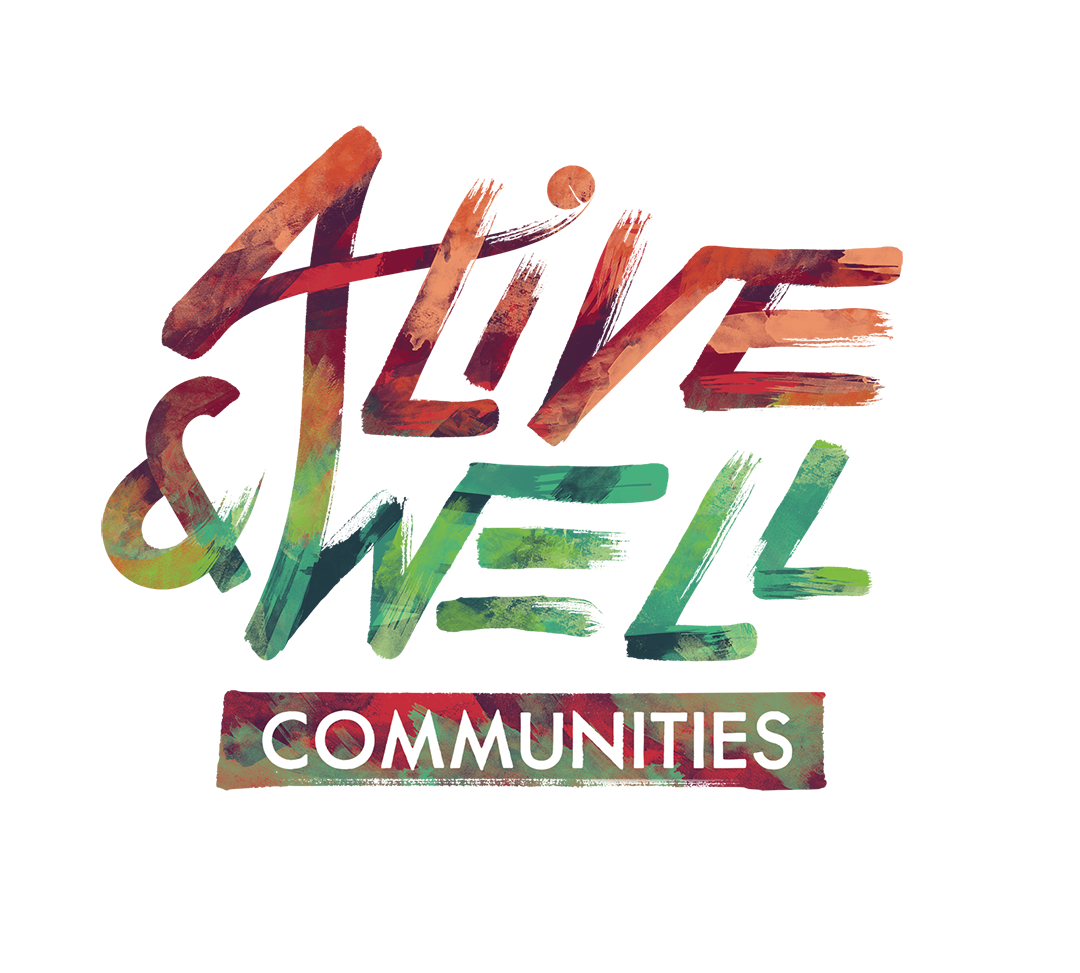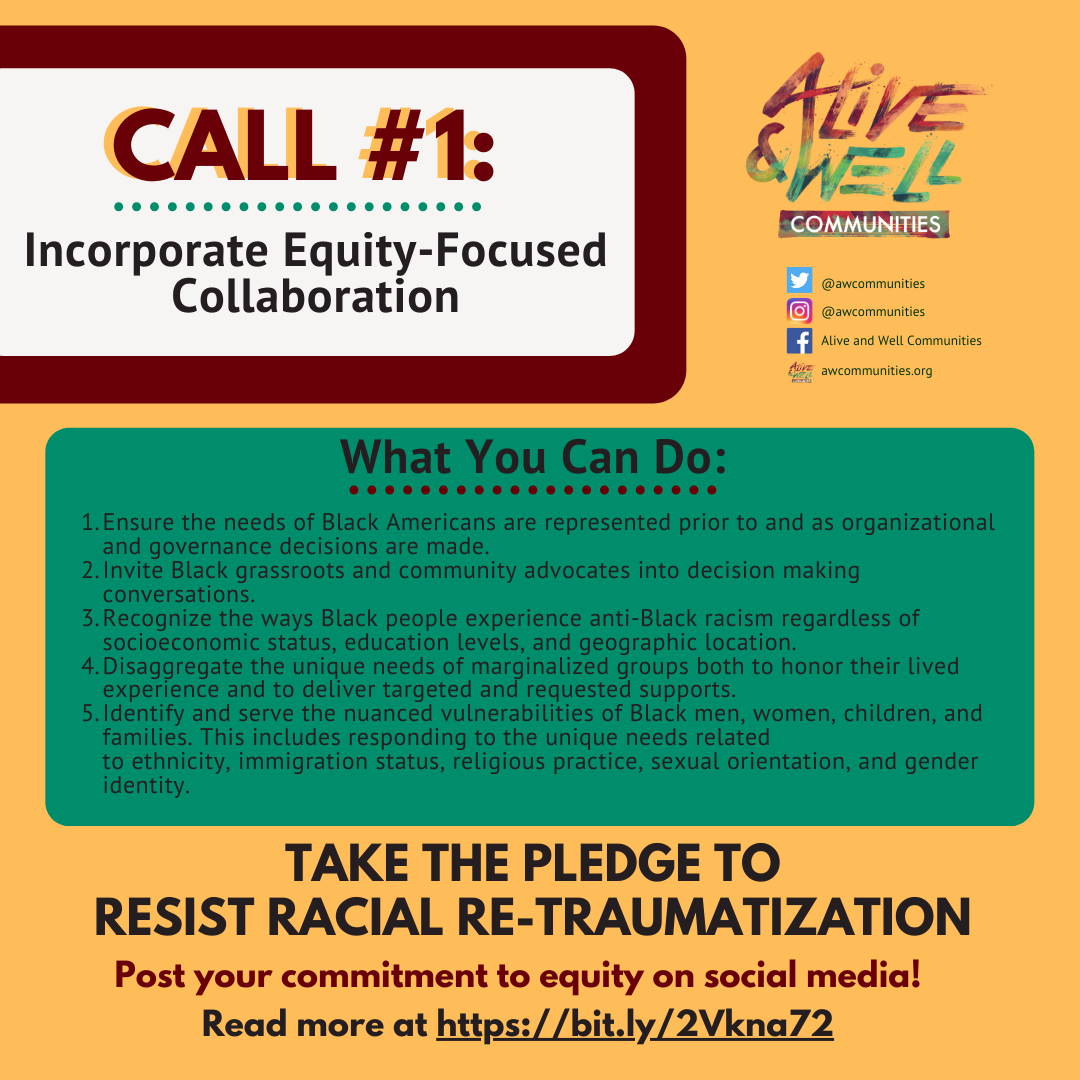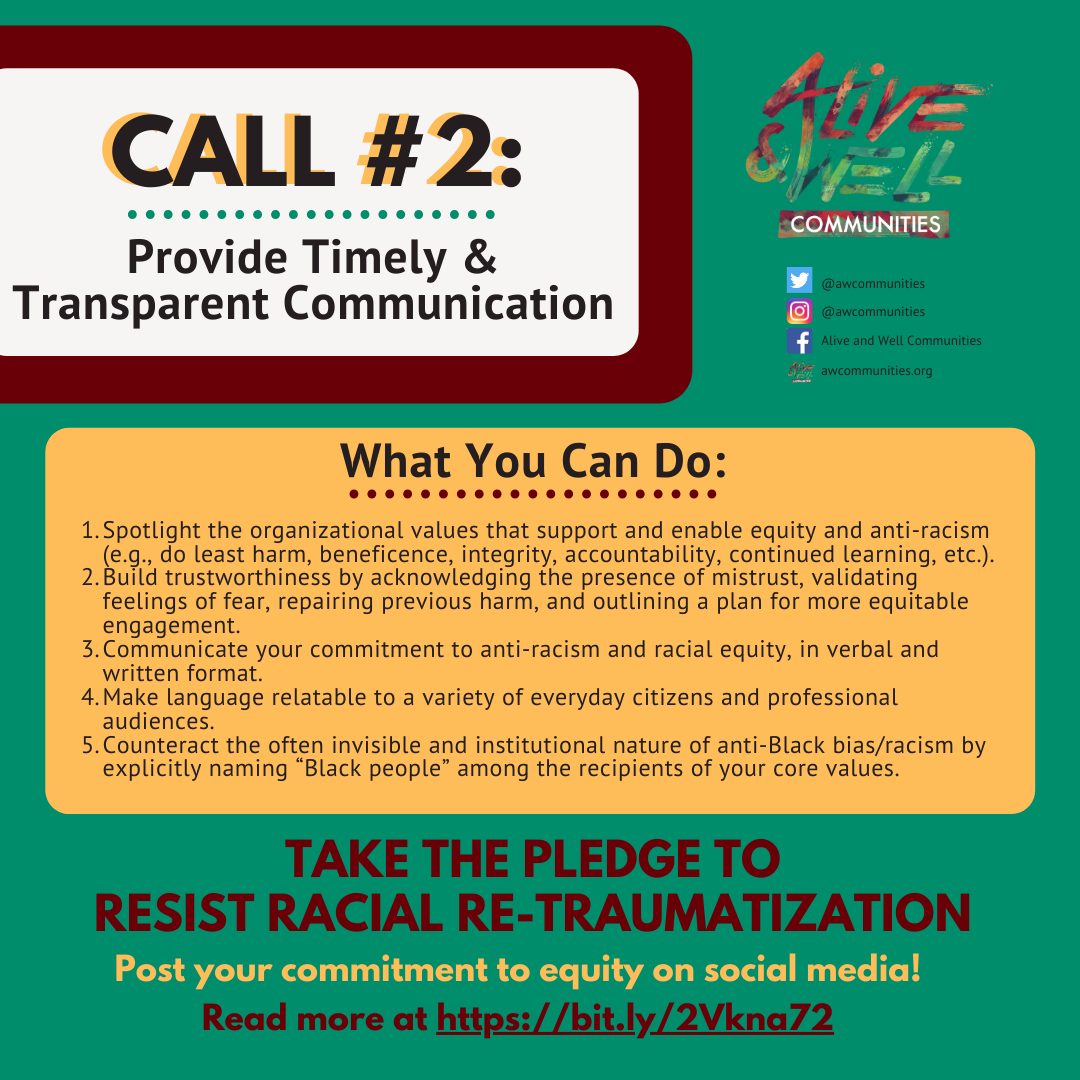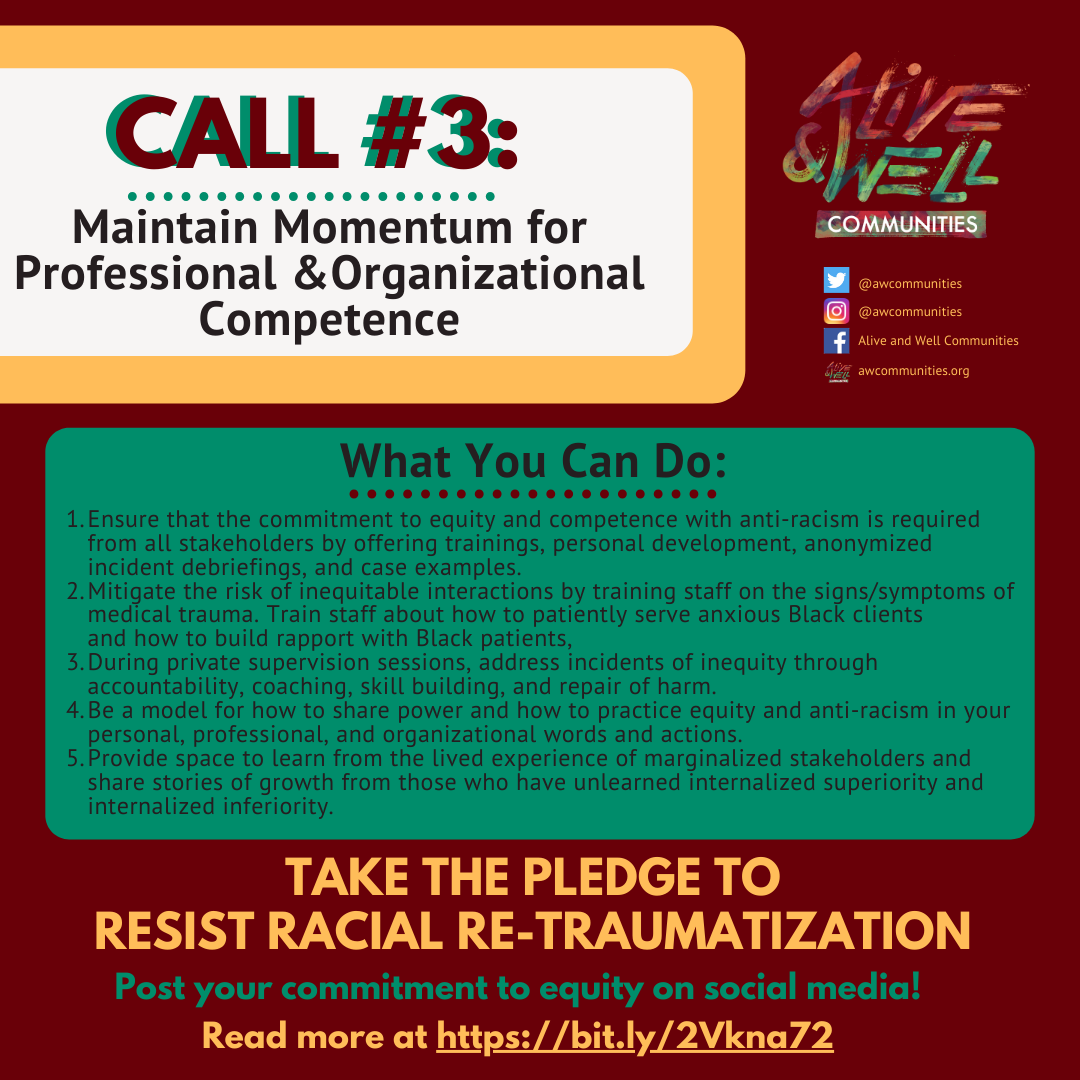A CALL TO ACTION:
RESIST RACIAL RE-TRAUMATIZATION DURING THE PUBLIC HEALTH RESPONSE TO COVID-19
Since the death of Michael Brown, the St. Louis region has occupied the spotlight about dismantling racism and implementing racial equity. In response, individuals, non-profit organizations, local school districts, government leaders, law enforcement, health care, and human service organizations have stepped up to facilitate our collective healing. In the face of what seems to be competing priorities, now is the time to continue the movement around seeing, naming, and disrupting racial inequity. The people-centered policies we create during the response to this pandemic must be carried forward “after” COVID-19.
As we write this call to action, the United States leads the world in confirmed positive cases of COVID-19. This health and economic crisis, like every other, will have the most profound impact on those who have been marginalized as well as those who are experiencing toxic stress. The impact of toxic stress on Black health and wellbeing is compounded by how COVID-19 has changed daily life. Reports are emerging that demonstrate a high percentage of diagnoses among Black Americans. In addition to, fatal consequences for Black people during self-care at home recommendations and poor health outcomes for those with diabetes, heart and lung disease. In the US context, Black Americans have a unique and lengthy relationship with systematic and institutional oppression. We center the Black community because of the unfulfilled promises of the Black American fight for citizen rights and the civil rights movement. We call out the needs of the Black community because in the St. Louis region, Black Americans comprise a significant percentage of the vulnerable population. Patterns in our region are reflected throughout the country.
We, at Alive and Well Communities, call upon stakeholders to continue acknowledging those truths and maintain momentum for actively correcting the effects of anti-Black bias and racism. These calls to action and supporting activities serve three priorities. First, we must name the needs of Black Americans in order to disrupt patterns of inequity during our response to this pandemic. Second, we recognize the duty to disrupt anti-Black racism, always. Third, we call upon stakeholders to act now to transform the inequity in our social systems for “after” COVID-19.
CALL #1:
Incorporate Equity-focused Collaboration
Ensure the needs of Black Americans are represented prior to and as organizational and governance decisions are made.
Invite Black grassroots and community advocates into decision making conversations.
Recognize the ways Black people experience anti-Black racism regardless of socioeconomic status, education levels, and geographic location.
Disaggregate the unique needs of marginalized groups both to honor their lived experience and to deliver targeted and requested supports.
Identify and serve the nuanced vulnerabilities of Black men, women, children, and families. This includes having sensitivity toward ethnicity, religious practices, sexual orientation and gender identities.
CALL #2:
Provide Timely & Transparent Communication
Spotlight the organizational values that support and enable equity and anti-racism (e.g, do least harm, beneficence, integrity, accountability, continued learning, etc).
Build trustworthiness by acknowledging the presence of mistrust, validating feelings of fear, repairing previous harm and outlining a plan for more equitable engagement.
Communicate your commitment to anti-racism and racial equity, in verbal and written format
Make language relatable to a variety of everyday citizens and professional audiences.
Counteract the often invisible and institutional nature of anti-Black bias/racism by explicitly naming “Black people” among the recipients of your core values.
CALL #3:
Maintain Momentum for Professional & Organizational Competence
Ensure that the commitment to equity and competence with anti-racism is required from all stakeholders by offering trainings, personal development, anonymized incident debriefings and case examples.
Mitigate the risk of inequitable interactions by training staff on the signs/symptoms of medical trauma. Coach about how to patiently serve anxious Black clients. Promote skills about how to build rapport with Black patients.
During private supervision sessions, address incidents of inequity through accountability, coaching, skill building, and repair of harm.
Be a model for how to share power and how to practice equity & anti-racism in your personal, professional, and organizational words and actions.
Provide space to learn from the lived experience of marginalized stakeholders and share stories of growth from those who have unlearned internalized superiority & internalized inferiority.
As an act of community healing, we all must continue to apply a trauma-sensitive approach to the COVID-19 response and beyond. The COVID-19 public health response has brought to light our collective strengths and weaknesses. The response has highlighted our ability to align across sectors and break silos. The holistic response to COVID-19 has also helped stakeholders see how the antiracist policies and practices we’ve advocated for to heal the Black community can be achieved with speed and accuracy. As our region and nation looks toward the future, Alive and Well Communities calls upon all of us to maintain a sense of urgency about disrupting anti-Black racism and the toxic stress it creates. Together, we can. United, we will.
Alive and Well Communities activates communities to heal.
We do this together by:
Elevating community wisdom centering those who have experienced trauma as leaders of the work.
Disrupting systemic oppression and responding to the impact of historical trauma.
Acting with urgency, not waiting for another day or generation.
Leading innovative solutions based on the science of trauma, toxic stress and resiliency.




